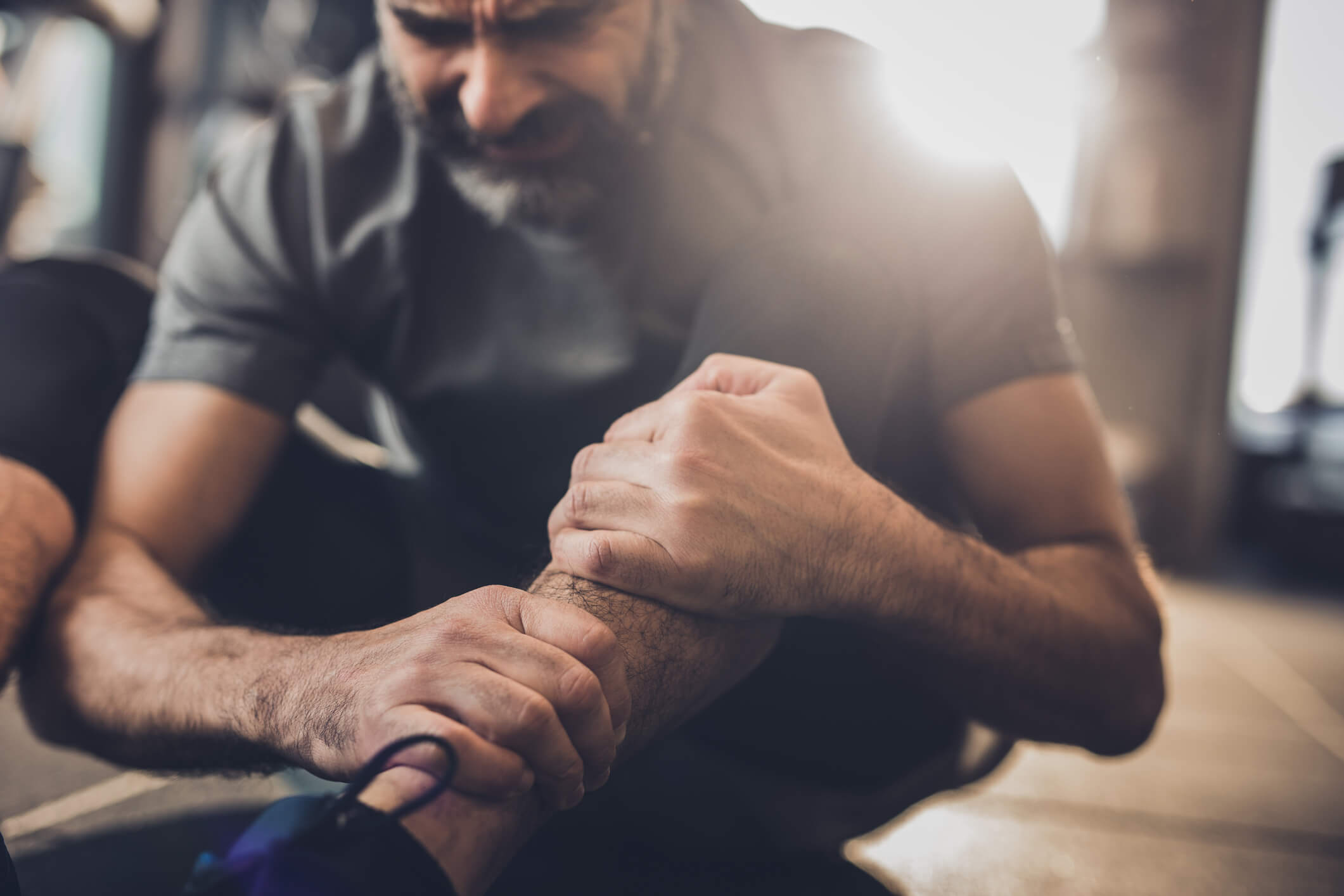If you’re injured on someone’s property, you may be wondering what your legal rights are. Being injured, however, is not enough to recover compensation for your injuries. To hold the property owner liable, you have to prove that the individual or entity who owns it was somehow negligent. The personal injury attorneys of Hale & Monico can help.
Understanding Premises Liability Lawsuits
In law, these types of cases are known as premises liability lawsuits. These suits take many forms, involving slips and falls, uneven sidewalks, broken stairs and handrails, and many more. What they all have in common, however, is that they allege failure by the property owner to maintain reasonably safe conditions on their property.
“Reasonably safe” does not mean the landowner has to absolutely guarantee that no one will ever be hurt. Indeed, being hurt on someone’s property does not itself prove the owner was negligent. However, if you can prove that the landowner failed in its duty to keep the property safe, you could have a case.
The exact nature of that duty depends on what type of visitor the victim was – that is, the legal status of the person who was hurt. The main difference is between people who are lawfully on the property and those who are not. Those who are lawfully on the property may be either invitees (those who are there for purposes of business) or licensees (those who are visiting for social or amusement reasons). People who have no right to be on the property are considered trespassers.
Illinois law obligates landowners to take reasonable steps to keep the property safe for invitees and licensees. The owner will be liable for the victim’s injury if:
- The owner knew, or should have known, about the hazard that caused injury. This means the landowner cannot turn a blind eye to dangers on the property that reasonable inspection or observation would uncover.
- The owner failed to exercise reasonable care to eliminate the hazard. This may include, for example, putting up a fence or other enclosure around a sinkhole on the property.
- The victim could not have discovered or realized the hazard on his or her own. In other words, the owner does not have to take steps to prevent injury from a harm that someone could reasonably detect or observe on their own.
As for trespassers, the landowner is only required to avoid deliberate conduct that could endanger the person. That means the owner cannot willfully or maliciously inflict injury on the trespasser. It’s important to note that this designation does not apply to children. For example, if a landowner has a pool in their backyard and does nothing to keep children from accessing it, the owner could be liable if a child drowns.
If you’ve been injured on someone’s property, it’s important to take prompt legal action. Your injuries could result in steep medical bills and other expenses. Worse, you may not even be able to work while you are recovering. In some cases, an injury is so severe that the victim cannot work at the same level of productivity as before the accident.
Turn to the experienced attorneys of Hale & Monico. Give us a call today to discuss your case.

